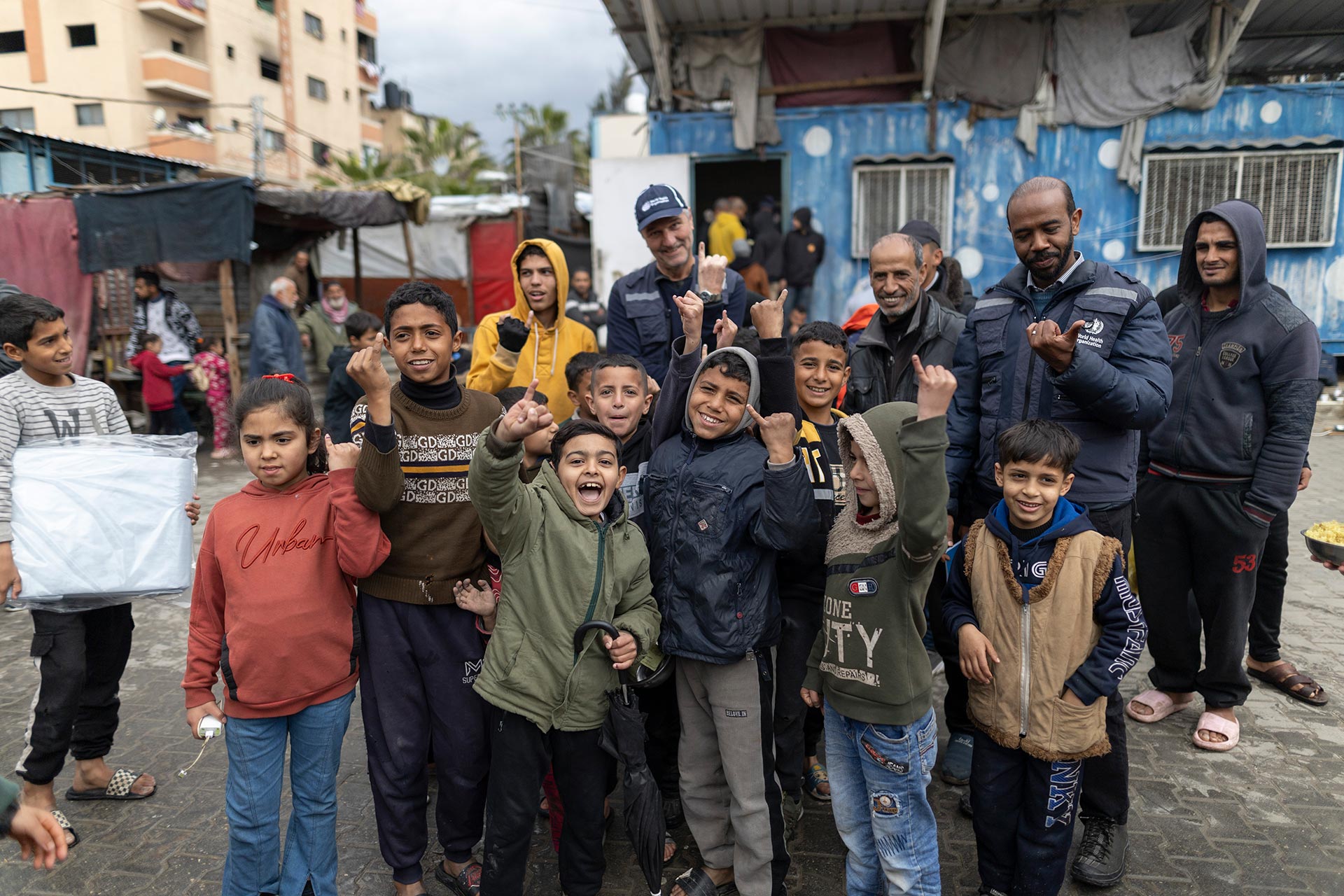Emergency response in Pakistan to vaccinate internally displaced, amidst examination of polio eradication activities by the Technical Advisory Group.
27 March, 2012 – Pakistan took swift action this week to prevent a large outbreak occurring around Bara Tehsil and the Jalozai camp for internally displaced persons (IDPs) in its north-western province of Khyber Pakhtunkhwa. More than 85,000 children in Khyber Pakhtunkhwa, many of whom reside in the Bara Tehsil area, have been inaccessible to vaccinators since 2009. Due to the lack of population immunity, 18 cases of polio were detected in Bara in 2010, 16 in 2011 and four already in 2012. And now, tens of thousands of families are fleeing Bara for the Jalozai camp and surrounding areas. This presents an opportunity to vaccinate children who have not had access to vaccine before. But it also creates the very real risk that the virus could spread to the millions of residents of nearby Peshawar and Nowshera.
Bara Tehsil is also the only place outside of Africa to have reported cases of wild poliovirus type 3 (WPV3) in 2011 and 2012. With this strain of the disease on the verge of elimination from Asia, it is important that all WPV3 transmission is halted before the strain can regain a foothold and undo the progress that has been achieved by the countries of the region.
Alerted to this risk in mid-March, the government of Khyber Pakhtunkhwa reacted within days, vaccinating children up to the age of fifteen registered at the Jalozai camp and up to the age of five in surrounding areas. Additionally, vaccination points are being set up along major transport routes, vaccinating every child on the way in or out of the area. Sustained action will be necessary to rapidly build up the population’s immunity once more.
Meanwhile, in Islamabad on March 20, a partnership was announced between the Edhi Foundation and the World Health Organization, providing further support for Pakistan’s polio eradication activities. The Edhi Foundation, chaired by philanthropist Abdul Sattar Edhi, has agreed to provide vehicles, fixed vaccination posts and public announcements on the importance of vaccination against polio.
Despite the introduction of a National Emergency Action Plan for polio eradication in January 2011, failure to fully implement the plan resulted in a surge in cases last year – with Pakistan finishing the year with the most cases of wild poliovirus (WPV) out of any country in the world. In an attempt to turn around the country’s progress against polio, the Government of Pakistan launched an augmented version of the plan in November 2011.
Pakistan’s Technical Advisory Group (TAG) on polio eradication met on 21-22 March to examine the augmented plan. One of the TAG’s key recommendations is that the Pakistani Government provide domestic funding for polio eradication to complement the strong political accountability it has demonstrated.
Further recommendations made by the TAG include a greater focus on high-risk groups who are under-served – such as on IDPs, migrants and Pashtuns – and closer monitoring of the effectiveness of individual vaccinators. More detailed analysis in general was advised, monitoring the effectiveness of the action plan and getting to the root causes for children missing out on vaccine. The TAG advised that while the augmented National Emergency Action Plan for polio eradication was fundamentally sound, Pakistan’s polio eradication programme will succeed or fail based on whether the plan is fully implemented.
The full report from the TAG will be available shortly.



